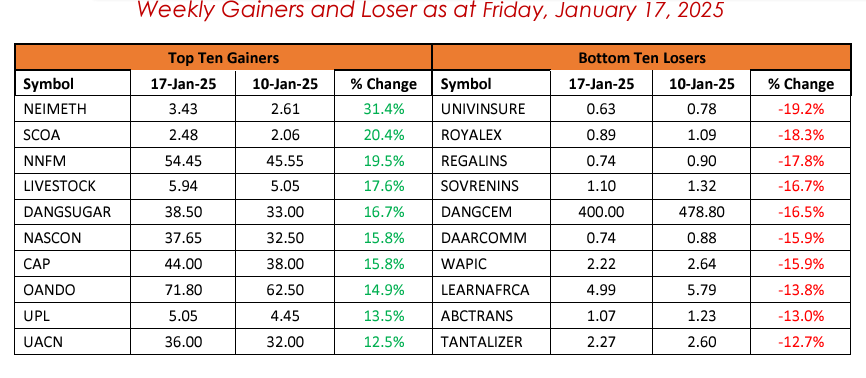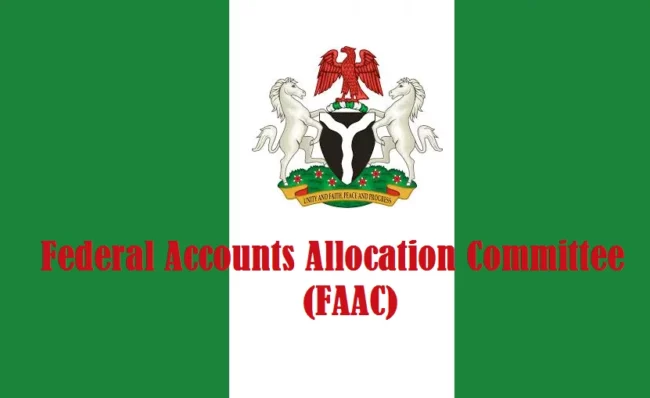Nigeria’s inflation rate rose to 34.80% in December 2024, driven by food and energy price hikes. Global inflation rates varied, with the US at 2.90% and the UK at 2.50%. This brief financial report analyses global inflation rates, Nigeria’s economic performance, financial market trends, and forecasts.
The US annual inflation rate rose to 2.90% YoY in December 2024, up from 2.70% in November. This increase was driven by a 2.60% increase in energy prices and a 0.30% rise in food prices. The monthly increase of 0.40% was the highest since March. Challenges like avian flu are expected to maintain upward pressure on food inflation, while global oil price volatility may keep energy prices elevated.
In the UK, inflation moderated to 2.50% YoY in December 2024, a drop from 2.60% in November. This decrease was influenced by slower growth in restaurants and hotels, although transport costs rose. Core inflation fell to 3.20%. The Bank of England may maintain its easing policy but will closely monitor potential inflationary pressures.

China’s economy expanded by 5.40% YoY in Q4:2024, boosted by government stimulus, including interest rate cuts and $1.40 trillion cash injections. Exports rose 7.10%, while industrial production and retail sales also grew. However, weaker consumer spending and potential US tariff hikes could hinder sustained growth. The Chinese government plans to stimulate the economy further to counter these risks.
Nigerian Economy
In December 2024, Nigeria’s headline inflation rose to 34.80% YoY, marking the fourth consecutive month of increase. This rise was influenced by higher core inflation at 29.28% YoY, despite a slight easing in food inflation to 39.84% YoY. Month-on-month, headline inflation decreased by 2.44%, with food inflation easing by 2.66% due to less flooding impact on agriculture.
However, core inflation increased by 2.24% Month over Month, driven by rising costs in transportation, clothing, and hospitality during the holiday season. The Naira also depreciated by 7.12% Month over Month to ₦1,557.33USD. Looking ahead, inflation pressures may ease thanks to agricultural reforms and relative exchange rate stability.

The World Bank forecasts Nigeria’s GDP growth to be 3.50% in 2025 and 3.70% in 2026, buoyed by reforms like fuel subsidy removal and exchange rate unification that enhance investor confidence. This aligns closely with our slightly higher growth forecast.
The Organization of the Petroleum Exporting Countries (OPEC) projects global oil demand to reach 105.20mbpd in 2025 and 106.60mbpd in 2026, driven by strong consumption in major economies. With expectations of Nigeria’s oil production rising to 1.59mbpd in 2025, robust oil demand could increase oil export revenue, strengthen foreign reserves, and contribute to overall economic stability.
Inflation rates varied across states in December 2024, with Bauchi, Sokoto, and Kebbi recording the highest rates (44.06%, 42.43%, and 41.47%). Conversely, Katsina, Delta, and Imo had the lowest rates (28.33%, 29.23%, and 29.99%). Notably, Sokoto experienced the highest food inflation at 57.47%, while Yobe recorded a decline.
Money Market
In the fixed-income market, bond yields rose by 35bps to 21.61%, while treasury bill yields decreased to 24.74%. The Eurobond market ended positively, with average yields dropping by 8 bps to 9.44%, driven by renewed interest from US CPI data, highlighting vigorous activity in various maturities.
Equities Market
This week, the local bourse faced a significant downturn, with the benchmark index dropping 2.94% to close at 102,353.68 points. This decline stemmed from widespread sell-offs, except in the consumer goods sector, which rose by 1.33%. Market sentiment was mixed, influenced by a macroeconomic landscape marked by December 2024 consumer price inflation at 34.80%.

The market capitalization fell by 2.26%, a loss of ₦1.45 trillion, bringing the total to ₦62.85 trillion. Trading activity was weak, with a 41.4% drop in weekly volume to 2.25 billion units and an 18.1% decrease in traded value to ₦58.83 billion.
Among sectors, the NGX-Industrial and NGX-Insurance experienced the largest declines, losing 8.20% and 6.23%, respectively, driven by sell-offs in major stocks. Notably, NEIMETH, SCOA, NNFM, and DANGSUGAR saw gains up to 31.4%. In contrast, stocks like UNIVINSURE and ROYALEX faced up to 19.2% losses.
Conclusions
Nigeria’s economy faced challenges in 2024, including high inflation. This means that prices for everyday things like food and housing increased. The Central Bank of Nigeria (CBN) tried controlling inflation by raising interest rates, but it didn’t work well.
The National Bureau of Statistics (NBS) is updating how it measures inflation to better understand the economy. This will help show how prices change and what drives those changes.
The stock market may be unpredictable in the coming week. Some investors might look for bargains, while others might wait to see what happens next. Company earnings reports and the overall state of the economy will likely influence the market.
Despite some ups and downs, investors might have opportunities to buy reasonably priced stocks. Focusing on companies with strong finances is essential to navigate the current economic challenges and do well in the long run.
Comment, Like 👍, share this article, and Follow us on our social media handles.







